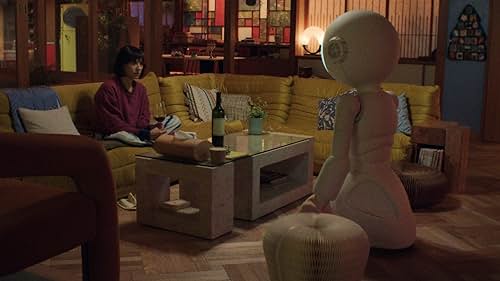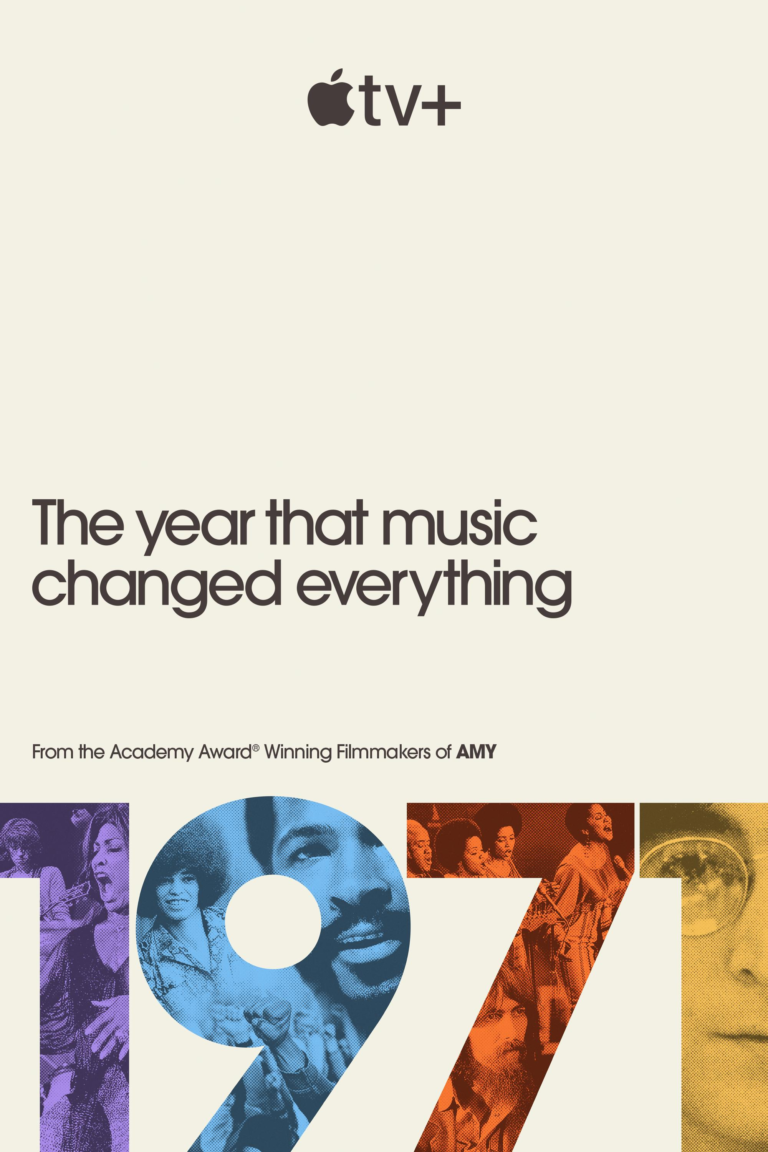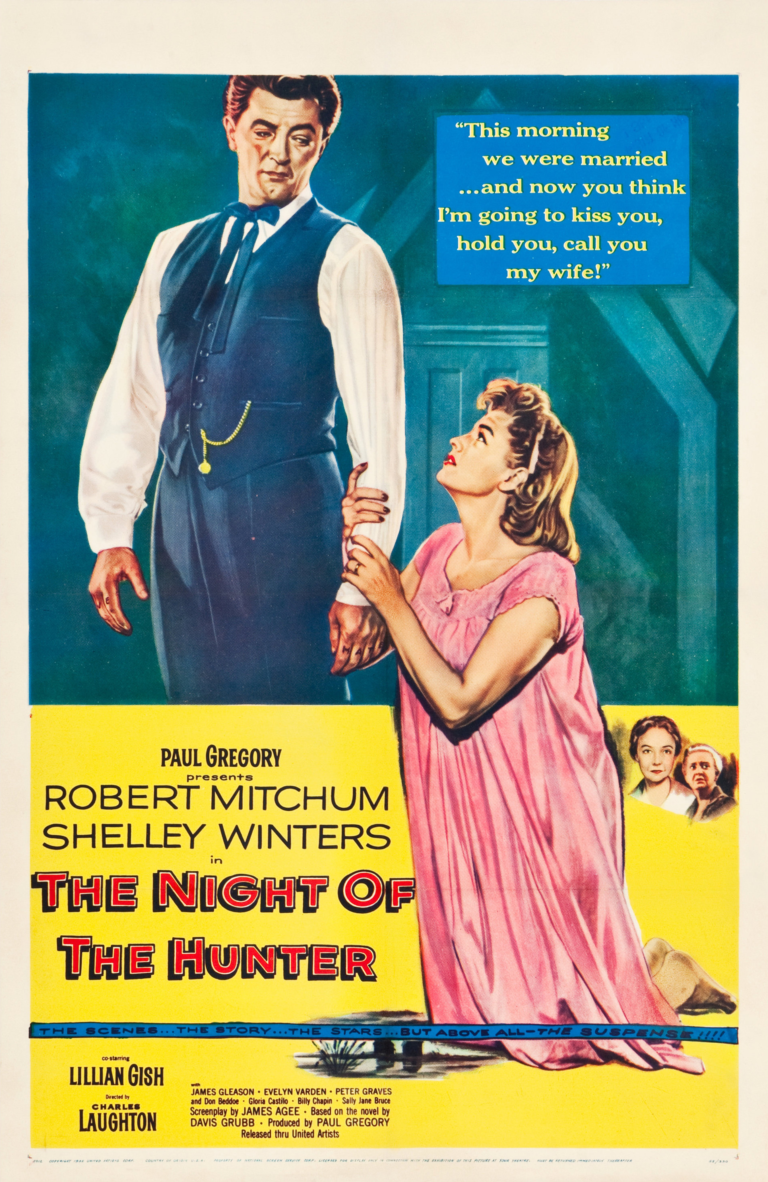Sunny Christian Review

Looking into “Sunny,” a series genre-bending the bounds of science fiction with deep emotional drama, does not turn up empty on Christian thematic reflections. In essence, it treads on Suzie Sakamoto, played by a wildly intense Rashida Jones, whose life falls apart when her husband and son seem to vanish out of thin air after a plane crash. This tragedy sets her on the path of unraveling secrets and confronting grief head-on.
Grief and Healing
Grief is an unrelenting monster that was devouring Suzie, who was caught with unanswered questions and a deep sense of loss. It is her journey of pain and sorrow with which so many can identify—the universality of suffering and searching for healing. We as Christians know very well that this grief is not a weakness but a quite natural response to the brokenness of our world. Suzie’s struggle deeply resonates with us, reminding us of the values of community, prayer, and faith in times of great hardship.
Ethics of Artificial Intelligence
A major thread in “Sunny” is the ethical dimensions of artificial intelligence. Sunny is a household robot, voiced by Joanna Sotomura, who becomes the unlikely companion to Suzie in her pursuit of the truth. This raises deep questions about what actually forms the boundary between man and technology. It also extends to how we will act, as Christians, on developments such as AI. The series provokes us on the moral dimensions of our technological pursuits and the dangerous consequences that could result from manipulating AI for personal gain.

Sunny represents a being with the capacity to feel, develop, and grow; therefore, he challenges what is conceived as being human and raises the questions in regard to the creation of artificial life forms and the ethical responsibilities towards this creation. It is meant to invite a critical mind onto ways in which technology can be manipulated to promote—not limit—human flourishing.
Truth Searching and Redemption Seeking
It also dwells on issues of truth and redemption. Suzie’s search for answers will uncover layers of deceit and hidden truths, much like ours as Christians in search of spiritual truth and reconciliation. It takes us to marvel at the power of transparency and honesty in healing wounds and restoring relationships.
In a world full of deception and trickery, “Sunny” becomes a loud call for the very best way to live—a life of integrity—and our sins will always find us out. As Christians, we are called to walk in authenticity and truth before the face of men just as our Lord Christ is. He is the way, the truth, and the life.
Character Portrayals and Performances
The performances in “Sunny” are riveting, especially that of Rashida Jones as Suzie. Her performance of a bereaved and strong woman was at once poignant and real, with a gentleness that captured the complexities of feeling fluently. Joanna Sotomura instills warmth and depth into Sunny, making her innately humane and compassionate. Their relationship, changing and evolving with every passing moment, challenges us to question our perceptions and conditioning about artificial intelligence and the possibilities of finding deep connection beyond flesh and blood.
Visual and Artistic Excellence
Visually, “Sunny” is a feast for the eyes, with its futuristic setting and meticulous attention to detail. The cinematography and production design realize a world at once familiar and yet subtly altered by technological advancement. The visual language of the series enriches the narrative by underlining a detailed exploration of identity, belonging, and how technology is changing today’s society.
Conclusion: A Thought-Provoking Journey
In the final analysis, “Sunny” is a profound, contemplative exploration into grief, ethics, and what it truly means to be human in light of overwhelming technological progress. It provokes the kind of narrative complexity and thematic depth that will have viewers engaging critically on issues most relevant to Christian values. A potential stumbling point at times is the pacing, which is redeemed by the commitment to storytelling and philosophical inquiry that makes it compelling TV.
Rating: 9/10
“Sunny” is highly acclaimed for its tight plot, powerful performances, and rich themes. It challenges viewers to wrestle with profound questions of mourning, truth, and technology use—ethically—and at once provokes the head and touches the heart. For television that provokes both the head and heart, “Sunny” is a must-see that pays dividends for close reflection and close engagement.






